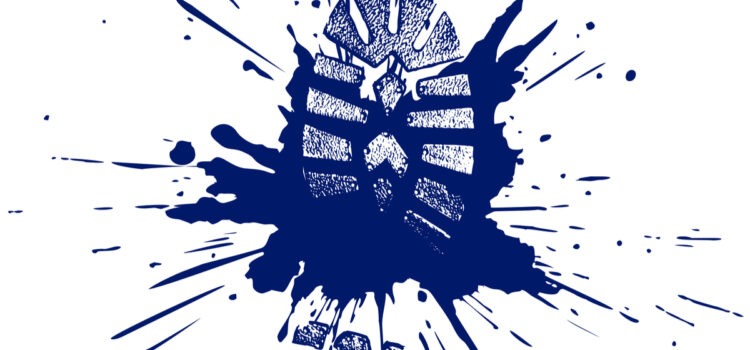HIGH COURT DELIVERS MORTAL BLOW TO INDUSTRIES PLANNED OBSOLESCENCE STRATEGIES
Australia’s High Court has delivered a stunning mortal patents blow to industries that manufacture items with inbuilt designed obsolescence and simultaneously clarified the Right Of Repair.
The Court has allowed an appeal which in effect rules the manufacturers’ patent rights do not trump a person’s right of repair and reuse a patented product after its intended design life expires.
The decision is a game changer.
It’s not a fatal blow which entirely spells the end to planned obsolescence, but it is a good step towards it and it shows that the Courts do not allow a manufacturer to dictate how we use a legitimate product after sale.
The humble printer ink cartridge was the weapon in this war in a legal stoush between Calidad Pty Ltd and Seiko Epson Corporation.
The case revolved around the re-filling and re-use of Epson printer cartridges after they had expired. The cartridges were refurbished and resold. The patent holder tried to stop this and pursued the matter to the Federal Court.
But this week the High Court of Australia changed an aspect of patent law in Australia, ruling by a 4-3 majority that the first sale of a patented product exhausts the patentee’s exclusive rights in that product.
Through sale, a patent owner “exhausts” their rights to what happens with the product after it is sold.
The case involved the refurbishment, refilling, and resale of printer ink cartridges, which are generally available at a cheaper price than new cartridges sold by the original manufacturer.
What it means for Australian consumers is that the High Court has determined that the refilled cartridges do not infringe patent rights held by the original manufacturer, and thus can be sold in Australia.
Manufacturers are making products with the intention to make them fail after a certain time. The patentee tried to use their patent rights to enforce that behaviour and failed. The exhaustion doctrine applied so they can’t control what happens with their product after sale.
Secondly, when another party took the expired item and refurbished it, the Courts found it did not infringe on the patent rights, as it was considered a repair. It was a buyer exercising their right of repair.
The case explored the legal area where under the Patents Act we have a right of repair, but where does repair end and recreation of a new product begin? This is a massive question.
So this is about products that were designed to fail. The other party took legitimate products, refilled them, replaced the memory chip to ensure they would not fail and even rebranded them.
They were sued for patent infringement. The test ultimately became: where does the control of a patent owner end once they make the sale?
To explain, the ‘exhaustion doctrine’ is: the exhaustion of rights of a patentee on first sale.
In other words, a patent holder cannot control use or sale of the legitimate product once it is sold.
The High Court found that the exhaustion doctrine should apply and the patent holder could not control use or sale of the product after sale. It all hinged on the use of legitimate cartridges.
This is a massive hit to the growing trend of manufacturers building obsolescence into their products. They are building products to fail. This patent holder was trying to use the patenting process to build in obsolescence into their product by threatening infringement action.
While it does not in itself spell the end of legal protections for planned obsolescence in manufacturing, it’s a mortal blow for manufacturers trying to control how their products are given a new life beyond the design deadline.
It effectively gives legal protections to others to take an item and repair or refurbish it for further use after its intended design life. The Courts are saying to the patent holder, you have no power to stop this now.
Link to the High Court decision: http://eresources.hcourt.gov.au/showCase/2020/HCA/41

